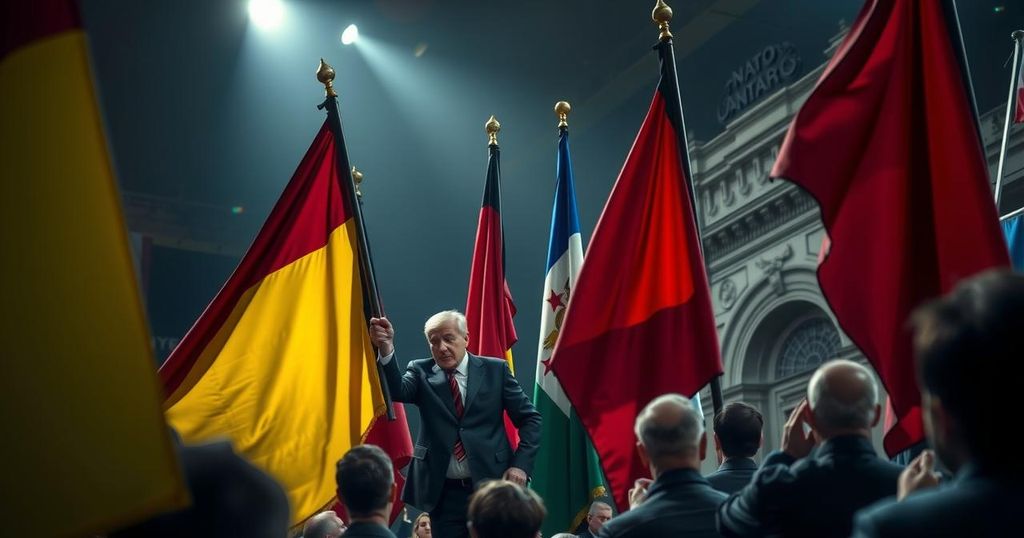Romania’s Presidential Election: A Shift in NATO’s Eastern Policy?
Romania’s presidential election produced surprising results, with independent candidate Calin Georgescu capturing 22.9 percent of the vote. The election signifies a potential shift away from post-communist, pro-Western ideals, challenging Romania’s alignment with NATO and indicating growing dissatisfaction with political norms.
Romania’s recent presidential election has upended expectations, rendering prior opinion polls ineffective and raising concerns about the country’s pro-Western alignment. In the first voting round, independent candidate Calin Georgescu emerged unexpectedly as a frontrunner, securing 22.9 percent of the votes. This election results not only challenge the existing political landscape but also suggest a potential shift in Romania’s post-communist ideals, which have traditionally been supportive of NATO and the West.
The political dynamics in Romania have been influenced by its history as a post-communist state striving for integration with Western institutions such as NATO and the European Union. Elections often reflect public sentiment regarding national identity and foreign policy orientation. With the rise of independent candidates, there may be implications for Romania’s future alignment with these institutions. The recent election results are indicative of a broader trend where established political norms face challenges, requiring careful analysis of their impacts on regional stability and alliances.
The unexpected outcomes of Romania’s presidential election signal a pivotal moment in the country’s political journey, potentially recalibrating its relationship with NATO and the West. The rise of independent candidate Calin Georgescu may reflect growing public discontent with traditional political structures, necessitating a closer examination of Romania’s future strategic directions. Such shifts in electoral behavior may have significant ramifications not only for Romania but also for the geopolitical framework of Eastern Europe.
Original Source: geopoliticalfutures.com




Post Comment